
For many Americans, purchasing or leasing a vehicle represents one of the most significant financial decisions they will make. Yet, despite the magnitude of this investment, a pervasive and growing trust deficit plagues the automotive retail industry, creating a chasm between dealerships and potential buyers. This erosion of confidence is not merely anecdotal; it is a deeply rooted issue illuminated by extensive research and consumer sentiment data, signaling a critical juncture for an industry grappling with evolving expectations and increasing scrutiny.
Recent findings from the 2024 KPA Dealership Trust Survey, conducted by The Harris Poll for KPA—a leading provider of compliance solutions for over 15,000 U.S. automotive dealerships—paint a clear picture of consumer apprehension. The survey reveals that approximately one-third of Americans have directly encountered issues such as deceptive selling, hidden fees, or dishonest salespeople. More broadly, an overwhelming 76% of Americans openly admit they do not trust dealerships to be honest about their pricing, a statistic that underscores the urgent need for a fundamental shift in dealership practices.
This article will delve into the multifaceted reasons behind this concerning decline in consumer trust, exploring both the historical practices that have fueled skepticism and the contemporary challenges that demand immediate attention. We aim to equip consumers with a deeper understanding of the landscape while offering dealerships insights into the critical areas where reform and a renewed commitment to transparency can pave the way for a more trustworthy and mutually beneficial relationship with their customers.
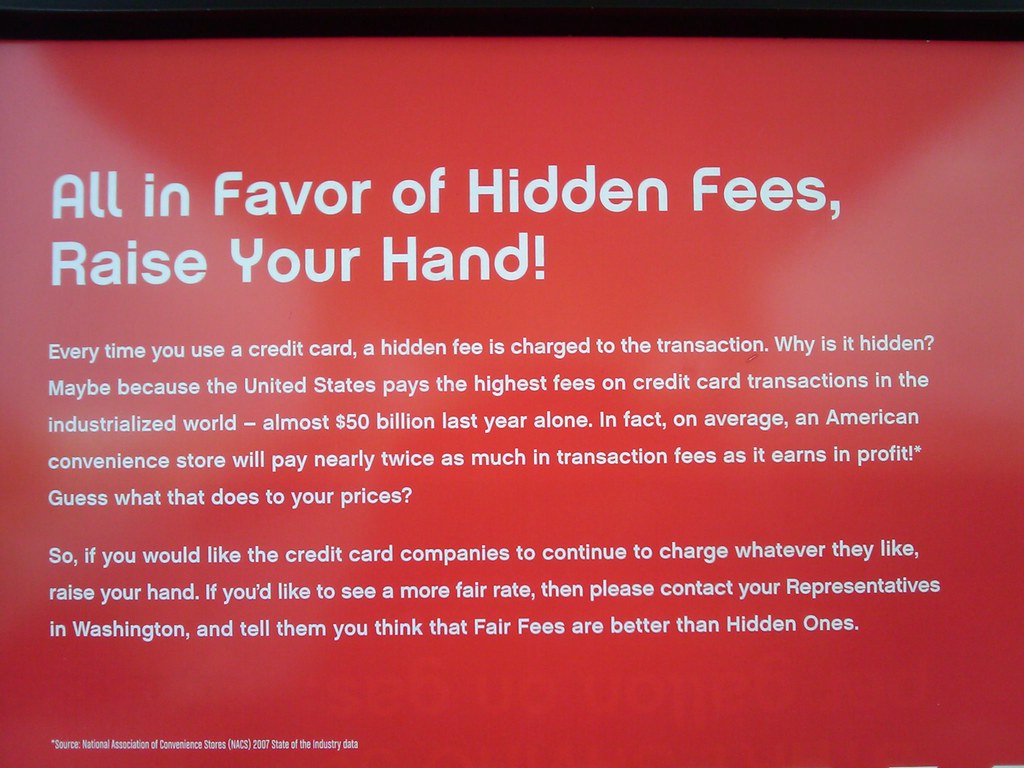
1. Deceptive Selling and Hidden Fees: A Pervasive Consumer Grievance
The KPA Dealership Trust Survey starkly highlights that about one-third of Americans have directly experienced concerning practices such as deceptive selling, the imposition of hidden fees, or encounters with dishonest salespeople. These direct negative experiences are not isolated incidents but rather widespread occurrences that significantly contribute to the overall skepticism surrounding car dealerships. Such encounters foster a transactional environment fraught with suspicion, rather than one built on open communication and mutual respect.
When consumers feel misled or exploited, it naturally erodes their confidence not only in the specific dealership involved but also in the industry at large. The psychological impact of realizing one has been subjected to deceptive tactics, or that the price agreed upon was not the final price, can be profound. This directly translates into a reluctance to engage with dealerships in the future, prompting many to actively seek alternatives or approach any new transaction with extreme caution.
This broad dissatisfaction is reflected in broader perceptions, with 86% of Americans expressing concern about hidden fees when contemplating a vehicle purchase or lease. Furthermore, a substantial 76% explicitly state they do not trust car dealerships to be honest about pricing. These figures collectively underscore that what might be perceived as isolated sales tactics by some dealerships are, in fact, contributing to a systemic problem that undermines the integrity of the entire automotive retail sector in the eyes of the consumer.

2. Pressure to Purchase Unnecessary Add-ons: A Source of Buyer Frustration
A specific and frequently cited point of contention for car buyers is the pressure to acquire ‘add-ons’ that they neither requested nor genuinely needed. The KPA survey indicates that a significant 34% of respondents reported feeling pressured to purchase these additional items. These can range from extended warranties and paint protection packages to nitrogen-filled tires and various protection plans, often presented late in the buying process.
This tactic often leaves consumers feeling cornered, as if declining these add-ons might jeopardize the entire deal they have meticulously negotiated. The pressure is particularly frustrating because these items often carry high-profit margins for dealerships, yet their perceived value to the buyer can be negligible or easily obtained elsewhere at a lower cost. Such practices contradict the spirit of a fair transaction and add unnecessary layers of anxiety to what should ideally be an exciting purchase.
Beyond the immediate frustration, the feeling of being coerced into purchasing unwanted extras significantly erodes consumer autonomy. It suggests that the dealership’s priority lies in maximizing profit per transaction rather than genuinely meeting the customer’s needs or respecting their choices. This perception directly undermines the trust relationship, as buyers become wary of subsequent interactions and question the authenticity of the sales process.
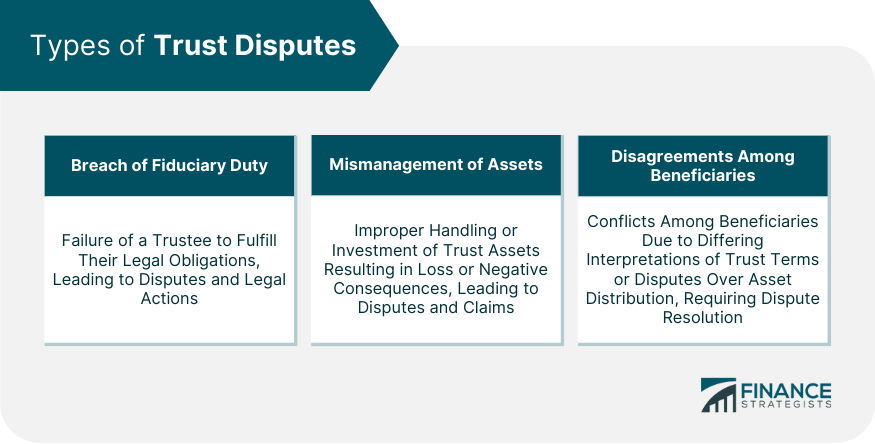
3. Lack of Price Transparency: A Foundational Breach of Trust
The issue of price transparency stands as a critical pillar in the foundation of consumer trust, and its absence is a major contributing factor to the industry’s current challenges. A staggering 84% of Americans believe that price transparency is lacking at most car dealerships, according to the KPA survey. This widespread perception indicates that consumers often enter the buying process feeling that the true cost of a vehicle is deliberately obscured or difficult to ascertain upfront.
The lack of clear and upfront pricing creates an environment of uncertainty and suspicion. Buyers frequently report scenarios where the advertised price changes upon arrival at the dealership, or where a final agreed-upon price is suddenly inflated with undisclosed charges and fees when the paperwork is presented. This practice of obfuscating costs makes it incredibly difficult for consumers to compare deals fairly, budget effectively, or feel confident that they are receiving a reasonable value for their money.
The consequences of this transparency deficit are far-reaching. It not only alienates potential buyers but also drives them to seek out alternative purchasing channels that promise more straightforward pricing. As highlighted by a Capital One consumer survey, nearly half of car buyers are willing to pay more for a car if they believe it is from a dealership they can trust, demonstrating the immense value consumers place on honesty and clarity in financial dealings, even over marginal cost savings.

4. Sales Tactics Perceived as “Tricky”: Undermining the Customer Relationship
Beyond hidden fees and add-ons, a significant number of consumers report feeling actively manipulated during the sales process. The KPA survey found that 28% of respondents felt like the salesperson was trying to “trick” them into a deal. This perception can arise from various scenarios, including misleading information about vehicle availability, interest rates, trade-in values, or complex contractual language designed to confuse rather than clarify.
These perceived ‘tricks’ transform the sales experience from a collaborative one into an adversarial encounter, where consumers feel they must constantly be on guard to avoid being taken advantage of. This dynamic is deeply damaging to the potential for a positive customer-dealership relationship. It breeds resentment and reinforces negative stereotypes about car sales, making it harder for honest salespeople and ethical dealerships to overcome preconceived notions.
The tangible impact of such tactics is evidenced by the 29% of respondents who, due to doubts about pricing honesty, left one dealership and sought another. This willingness to walk away, even after investing time and effort, underscores the severe consequences of perceived dishonesty. It demonstrates that for a substantial segment of the buying public, the desire for an honest and straightforward transaction outweighs the convenience of staying with a less trusted dealer.

5. New Regulations Driving Compliance: A Necessary Shift in Dealer Practices
The pervasive issues of deceptive selling, hidden fees, and lack of transparency have not gone unnoticed by regulatory bodies. In response to widespread consumer complaints and the findings of surveys like KPA’s, the Federal Trade Commission (FTC) has introduced significant new rules aimed at safeguarding consumers and fostering fairer practices within the automotive retail sector. The most notable of these is the Combating Auto Retail Scams (CARS) Rule, specifically designed to protect consumers from deceptive selling or leasing practices.
This comprehensive regulation addresses multiple facets of the car buying experience, including stringent requirements around pricing transparency, financing disclosures, the prohibition of unnecessary add-ons, and enhanced mandates for securing customer information. These rules are not merely suggestions; they carry substantial weight. Dealerships found in non-compliance face heavy fines from the FTC, with penalties potentially exceeding $50,000 per violation—a sum roughly equivalent to the cost of an average new car on a sales lot. Beyond financial repercussions, violations also inflict severe damage on a dealership’s reputation and trustworthiness.
The introduction of the CARS Rule and other FTC mandates signals a pivotal shift in the regulatory landscape, making compliance not just a best practice but a legal imperative. It compels dealerships to re-evaluate their entire operational framework, from marketing and sales to accounting and finance, ensuring that every touchpoint aligns with consumer protection standards. This regulatory push is a direct response to the eroding trust, aiming to legally enforce the transparency and honesty that consumers have long demanded.

6. Decline in Service Department Trust: A Silent Erosion of Loyalty
The challenges faced by car dealerships extend beyond the initial sales floor, infiltrating the vital service department, which is a key driver of long-term customer loyalty and repeat business. According to a study by Kelley Blue Book, the percentage of all serviced cars taking place at a dealership dropped from 35% in 2021 to 30% in 2023. This five-percentage-point decline, while seemingly small, represents a significant migration of customers away from franchised dealerships for their maintenance and repair needs.
This shift is not merely towards local independent auto shops, but notably towards large service chains, such as tire service centers and quick lube establishments. This trend suggests that consumers are actively seeking alternatives that they perceive as more convenient, cost-effective, or trustworthy. The dealership’s traditional role as the primary post-purchase service provider is being challenged, impacting revenue streams and weakening the overall relationship with vehicle owners throughout the lifecycle of their cars.
A critical factor in this decline is, once again, trust. When asked about their reasons for returning to a dealership for service, the percentage of participants citing trust in service technicians plummeted from 62% in 2021 to 54% in 2023. This erosion of confidence in the technical expertise and honesty of dealership service staff directly contributes to customers choosing to take their business elsewhere. For dealerships, maintaining a high level of trust in both sales and service is paramount, as a breach in one area can easily spill over and damage the other.

7. Rising Service Costs and Upselling: Fueling Customer Frustration
Compounding the issue of declining trust in the service department are the tangible frustrations experienced by vehicle owners regarding pricing and sales tactics. The Kelley Blue Book study reveals a startling 45% increase in the overall average price for auto service over the last two years. While this increase is not exclusive to dealerships, it certainly impacts consumer perception, especially when compared to non-dealer options. The average cost for a service at a dealership in 2023 was reported at $258, only marginally higher than the $249 average at non-dealer facilities, yet this small difference can feel significant when bundled with other frustrations.
Beyond the raw cost, 48% of vehicle owners expressed frustration with their most recent service visits, citing a range of issues. Long wait times are a consistent complaint, indicating that the efficiency of service operations often falls short of customer expectations. However, a particularly irksome issue is the perception of being upsold on additional, often unnecessary, services. This practice mirrors the pressure tactics seen in vehicle sales, where customers feel pushed to approve repairs or maintenance they question.
Such experiences reinforce the notion that dealerships prioritize profit over genuine customer care. When coupled with the declining trust in service technicians, the combination of high costs, inconvenience, and aggressive upselling creates a formidable barrier to customer retention. For dealerships aiming to rebuild trust and retain their service clientele, addressing these core frustrations by offering competitive pricing, efficient service, and transparent, needs-based recommendations is absolutely essential for fostering loyalty.
For dealerships grappling with this widespread erosion of trust, the path forward is clear: a concerted effort to fundamentally shift practices towards greater transparency, consumer protection, and genuine customer care. Rebuilding confidence requires a strategic, multi-faceted approach, moving beyond historical norms to embrace a new era of accountability and customer-centric operations. This section will explore practical, actionable strategies that dealerships can implement to regain trust, from rigorous compliance measures to empowering their teams and enhancing every touchpoint of the customer journey. By proactively addressing consumer concerns and embracing modern operational paradigms, dealerships can not only avoid regulatory pitfalls but also forge stronger, more loyal relationships with their clientele.

8. Creating a Dedicated Compliance Team: A Foundation for Trust
The sheer complexity of automotive retail, coupled with evolving regulations like the FTC’s CARS Rule, necessitates a focused approach to compliance. One of the most crucial initial steps dealerships can take is to establish a dedicated compliance team. This isn’t just about avoiding fines; it’s about embedding a culture of adherence to fair practices throughout the organization, signaling a serious commitment to consumer protection.
KPA CEO Chris Fanning strongly recommends that this team include key department stakeholders from across the dealership’s operations. Marketing, sales, accounting, and finance departments must all have representatives involved, ensuring that compliance considerations are integrated into every facet of the business, from how vehicles are advertised to how financial paperwork is processed. This cross-functional collaboration is vital for identifying potential gaps and ensuring consistent application of new rules.
The existence of such a team demonstrates a proactive stance, moving beyond reactive adjustments to legal challenges. It allows for continuous monitoring of practices, internal audits, and the swift implementation of corrective actions, thereby creating a robust framework that supports ethical conduct and, by extension, rebuilds the foundational trust that consumers are increasingly demanding from the industry.
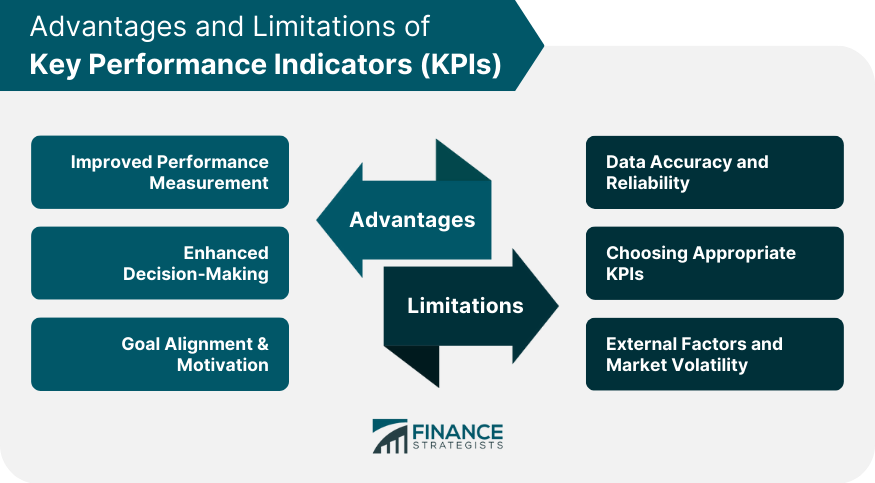
9. **Establishing Key Performance Indicators (KPIs) for Compliance: Tracking Progress Towards Trust**
Effective change management requires measurable goals. To truly embed compliance and trust-building into daily operations, dealerships must establish clear Key Performance Indicators (KPIs) specifically tied to these objectives. These aren’t just vague aspirations; they are concrete metrics that allow management to track progress, identify areas needing improvement, and hold teams accountable for ethical conduct.
Identifying specific goals and timelines for achieving compliance is paramount. For example, KPIs could include a reduction in customer complaints related to hidden fees, a higher score on internal audits for proper disclosure practices, or a measurable increase in customer satisfaction scores pertaining to transparency. Tracking these indicators allows dealerships to quantify their efforts and demonstrate tangible improvements to consumers.
Monitoring progress along the way provides invaluable insights into the effectiveness of new policies and training. If certain KPIs are not met, it signals a need for further intervention, whether through additional training, process adjustments, or enhanced oversight. This data-driven approach to compliance ensures that efforts are not just performative but are genuinely impacting the customer experience and fostering a more trustworthy environment.

10. **Reviewing and Developing Programs, Plans, and Policies: The ‘Three Ps’ for Ethical Operations**
Beyond forming a team and setting goals, dealerships must meticulously review and refine their operational framework, focusing on the “Three Ps”: Programs, Plans, and Policies. This comprehensive evaluation is essential to ensure that existing structures align with regulatory requirements, particularly the new CARS Rule, and to proactively address any practices that contribute to consumer distrust.
This involves a thorough audit of all current procedures to identify gaps where deceptive selling, hidden fees, or lack of transparency might occur. For instance, pricing programs must ensure that advertised prices are consistently honored and all fees are disclosed upfront. Sales plans should de-emphasize aggressive upselling tactics and instead promote needs-based solutions, while finance policies must adhere strictly to disclosure requirements.
Where gaps are identified, new programs, plans, and policies must be developed and implemented. These new frameworks should explicitly integrate CARS Rule compliance, ensuring that every customer interaction, from initial inquiry to final paperwork, is characterized by clarity, honesty, and fairness. By systematically updating these foundational elements, dealerships can create an operational blueprint that inherently fosters trust and eliminates sources of consumer frustration.
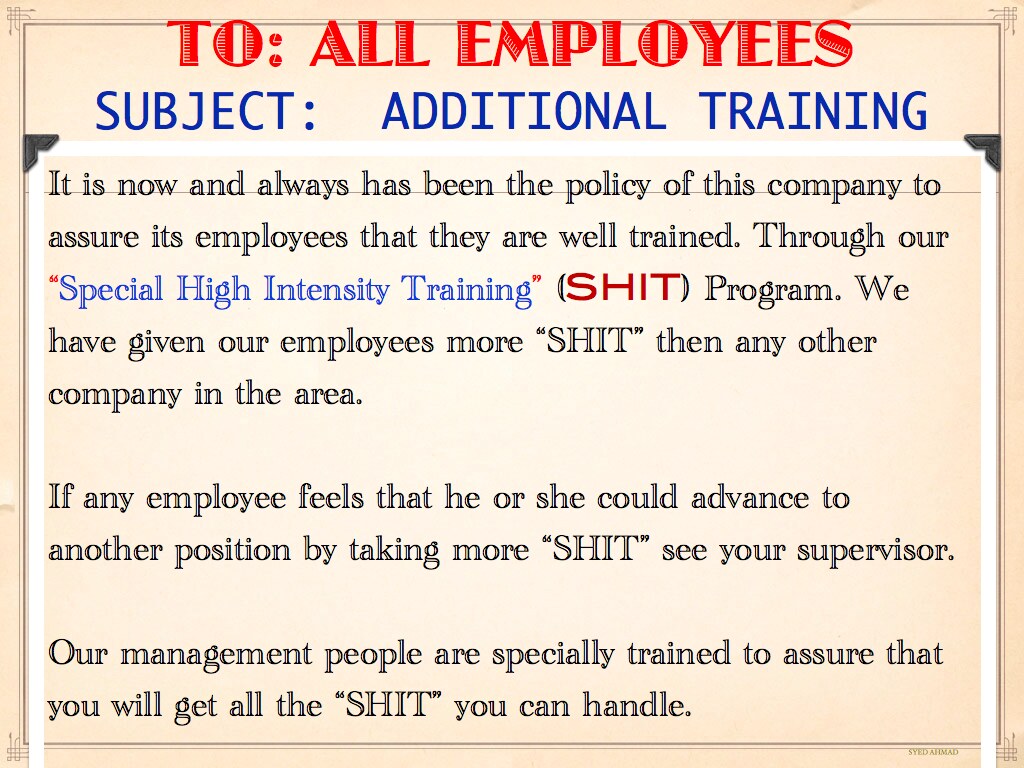
11. Implementing Comprehensive Employee Training and Certification: Empowering the Front Lines
The most meticulously crafted policies are ineffective without a well-trained and empowered workforce. Comprehensive training and ongoing certification for employees are non-negotiable for rebuilding trust and ensuring compliance. Every staff member, from sales associates to finance managers and service technicians, must be thoroughly educated on new regulations and ethical sales practices.
Training on CARS Rule compliance should be mandatory for all new hires and regularly conducted throughout the year for existing staff. This goes beyond simply memorizing rules; it involves fostering a deep understanding of the spirit of the regulations – protecting consumers and promoting transparency. Role-playing scenarios, case studies, and clear guidelines can help employees navigate complex customer interactions ethically and effectively.
Certification programs can further validate an employee’s understanding and commitment, providing both internal assurance and a credible signal to consumers. When customers interact with certified professionals who clearly articulate pricing, explain add-ons without pressure, and provide honest information, their confidence in the dealership dramatically improves. Empowering employees with knowledge and ethical guidelines transforms them into trust-builders rather than potential sources of contention.
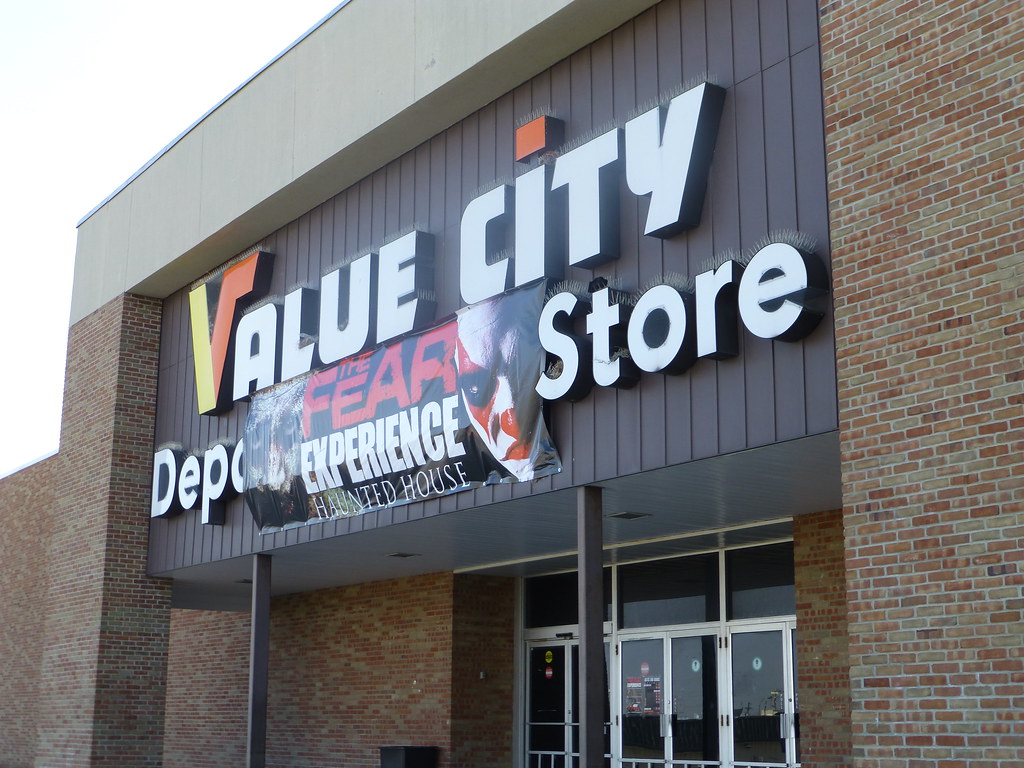
12. Prioritizing an Unmatched In-Store Customer Experience: Standing Out in a Transparent World
While online transparency has become a baseline expectation, the in-store experience remains critically important, evolving into a key differentiator for dealerships aiming to rebuild trust. As Kris Gaerlan, President of Dallas Lease Returns, highlights, mere transparency is no longer enough to stand out; an unmatched in-store experience is now a dealer’s best bet for winning customers over the competition.
This means going beyond the transactional to create an environment that is comfortable, convenient, and respectful of the customer’s time and preferences. Practical tactics can make a significant difference. For example, storing vehicles indoors, as Gaerlan does, mitigates discomfort from extreme weather, making the browsing and test-driving process far more enjoyable. Leaving vehicles unlocked allows customers to explore interiors at their leisure, removing barriers and fostering a sense of control.
Such thoughtful approaches demonstrate that the dealership values the customer’s experience, not just their potential purchase. It transforms what can often be a stressful process into a pleasant one, reinforcing the idea that the dealership is there to serve, not to pressure. In a world where people increasingly crave authentic in-person interactions, an exceptional showroom experience can be the deciding factor in building lasting loyalty.

13. **Leveraging Technology for Enhanced Online Transparency: Seamless Digital-to-Physical Journeys**
The modern car buying journey often begins online, and how dealerships integrate their digital and physical experiences profoundly impacts consumer trust. Leveraging technology to enhance online transparency and streamline the transition from digital browsing to in-store purchasing is crucial for building confidence from the very first click.
Offering tools like Capital One’s widget for pre-approval directly on a dealership website is a prime example. As Sanjiv Yajnik of Capital One notes, this allows internet users to obtain an interest rate from an impartial third party, reducing guesswork and making the entire process feel more transparent. This proactive approach alleviates common anxieties associated with financing before a customer even steps into the showroom, fostering a sense of honesty.
Furthermore, it is vital to ensure a seamless transition where information submitted online is not redundantly requested in-store. Many retailers lose long-term buyers by forcing them to re-enter data they’ve already provided, signaling inefficiency and disrespect for the customer’s time. By embracing integrated digital solutions that reduce friction, dealerships can significantly boost perceptions of transparency, improve efficiency, and build trust throughout the entire customer journey.

14. Empowering Sales Teams and Fostering Genuine Customer Connection: Beyond the Sale
Trust is ultimately built on human connections, and empowering sales teams to prioritize customer happiness over short-term gains can have a transformative impact. Kris Gaerlan’s dealership exemplifies this by allowing sales staff to do whatever is necessary to ensure customer satisfaction for 90 days post-purchase, with costs affecting their gross profit from the transaction.
This innovative policy, where a salesperson might offer free tire replacements for worn-out tires, shifts the focus from a single sale to long-term customer relationships. While bold, this strategy has led to significant improvements in customer retention and referrals, demonstrating that investing in post-purchase satisfaction is economically beneficial. It cultivates a culture where employees feel trusted to do the right thing, and customers feel genuinely cared for, not just sold to.
Furthermore, technology like Capital One’s Muse system facilitates stronger connections by allowing sales staff to easily share contact information and track leads effectively. This ensures that the original salesperson maintains the relationship, enabling them to build rapport and trust over time. By empowering teams, providing them with supportive tools, and ensuring that their incentives align with customer satisfaction, dealerships can cultivate authentic relationships that are the bedrock of lasting trust and loyalty.
The widespread erosion of trust in car dealerships presents a formidable challenge, but it also offers a profound opportunity for transformation. By adopting comprehensive compliance strategies, embracing technological advancements, and—most importantly—recalibrating their approach to prioritize the customer experience above all else, dealerships can move beyond outdated stereotypes. The path to rebuilding confidence isn’t easy, but by committing to transparency, ethical practices, and genuine customer care, the industry can evolve into one defined by integrity, forging enduring relationships that benefit both buyers and sellers for years to come. The power, as KPA CEO Chris Fanning suggests, truly lies in communicating a stronger culture and more transparent practices, ensuring that every customer knows that they are valued and respected at every step of their journey.



